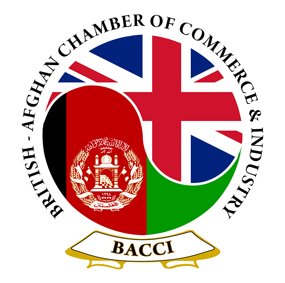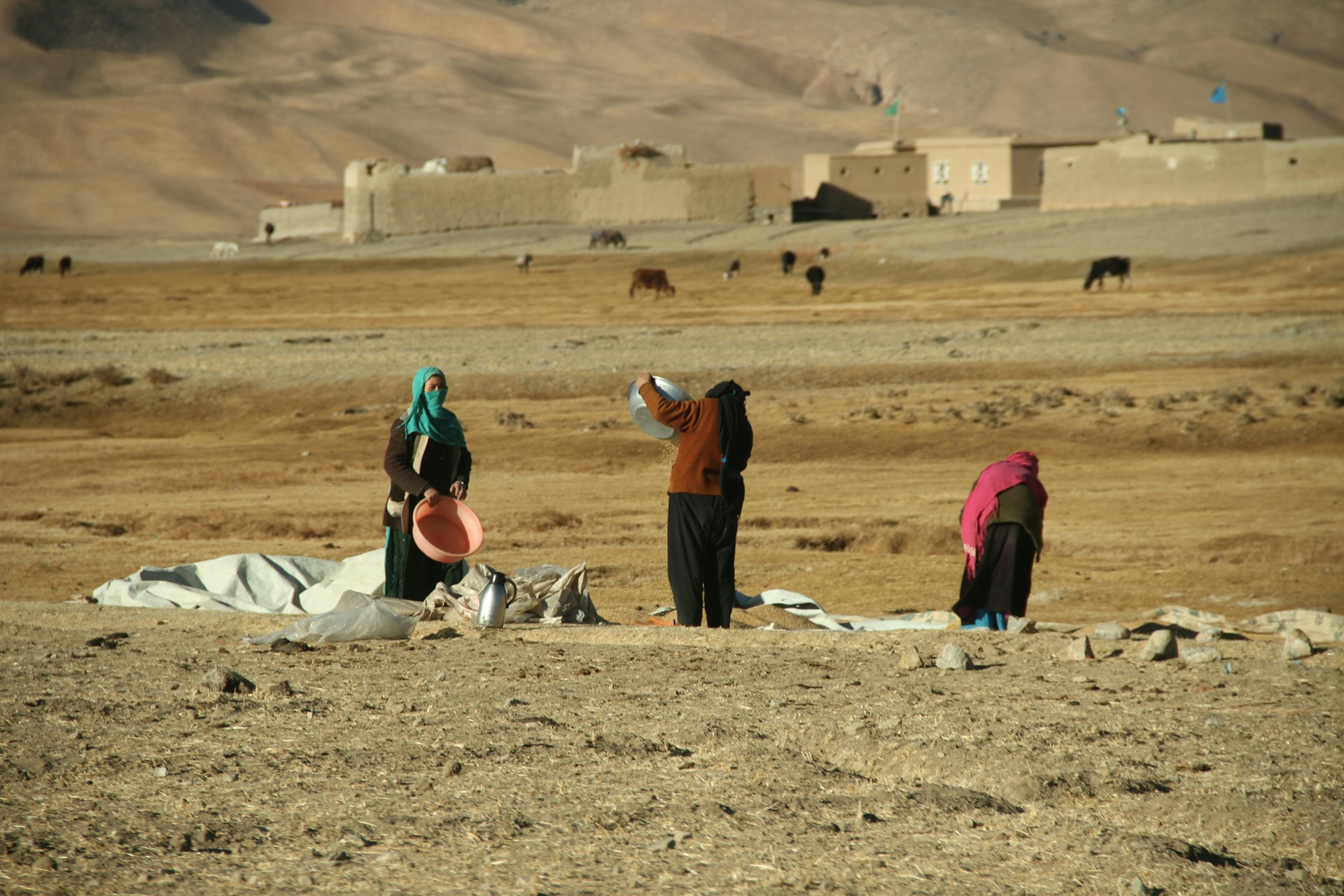The Taliban’s restrictions on women’s education and employment aren’t just social injustices; they’re a recipe for economic disaster. In this article, we will outline why excluding women from full active participation in Afghanistan’s society is a self-inflicted injury to the nation and the people:
- Wasted Talent, Stifled Growth: Women represent a vast pool of untapped talent and potential. Denying them education and depriving them from employment hinders their ability to contribute to the economy, slowing overall growth and kickstarting a cycle of poverty.
- Labor Shortages & Skills Gaps: Afghan businesses already struggle to find skilled workers. Excluding women exacerbates these shortages, hindering productivity and competitiveness regionally and internationally.
- Domestic Economy Suffers: Women are critical actors in Afghanistan’s domestic economy. They run businesses, manage households, and contribute significantly to local markets. Their absence weakens internal trade and economic activity, turning Afghanistan into a nation enslaved by foreign donations.
- Innovation Stalled: Diversity of thought fuels innovation. Excluding women from the workforce stifles the exchange of ideas, hindering the development of new products, services, and solutions Afghanistan desperately needs to compete and grow in the highly interconnected and competitive world.
- Investment Flight & Reduced Aid: The international community prioritises gender equality. The Taliban’s policies discourage investment and aid, crucial for Afghanistan’s reconstruction and development.
- Increased Poverty: When women can’t work, families lose income. This pushes more Afghans into poverty, straining social safety nets and creating a vicious cycle for crime, drug abuse and violence.
- Healthcare Burden Grows: Educated women play a vital role in healthcare, promoting preventive care and better health outcomes. Their absence strains the already fragile healthcare system, pushing families to seek expensive healthcare in neighbouring countries, resulting lost revenues and pushing families into economic bankruptcies.
- Reduced Human Capital: Education empowers women to participate meaningfully in society. By denying girls education, the Taliban weakens Afghanistan’s future human capital, hindering long-term economic prospects. In a world operating on a knowledge based economy, investing in girls education is far more important than investing in Afghanistan’s coal mines or its small oil wells.
- Global Market Disconnect: The global economy values diversity and inclusion. Afghan businesses isolated from female talent will struggle to compete in an increasingly interconnected world, resulting in SME shut downs and ultimate economic collapse.
- Lost Potential for Progress: Women are engines of economic growth. Their exclusion from Afghanistan’s workforce squanders the country’s chance to build a more prosperous and stable future.
The Taliban’s policies aren’t just harming Afghan women; they’re harming the entire nation. By allowing women to learn, work, and contribute, Afghanistan can break free from this self-imposed economic stagnation and economic slavery that has plagued Afghanistan for the past 50 years.






